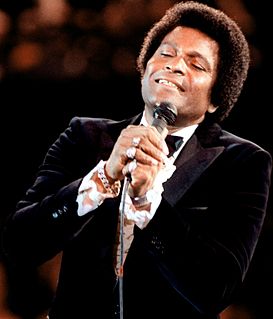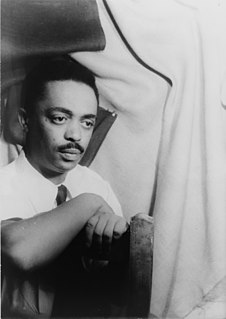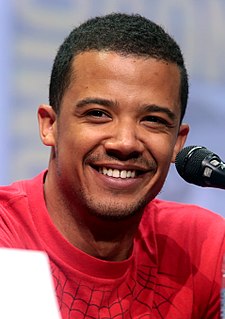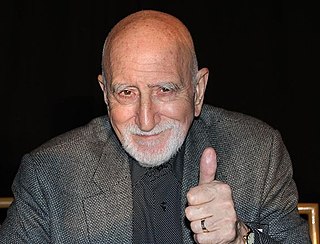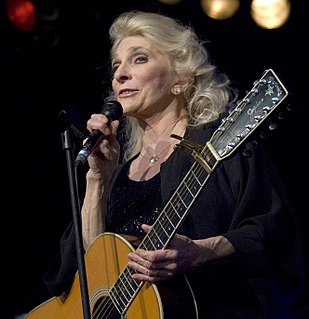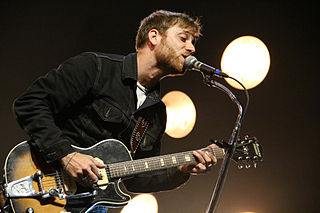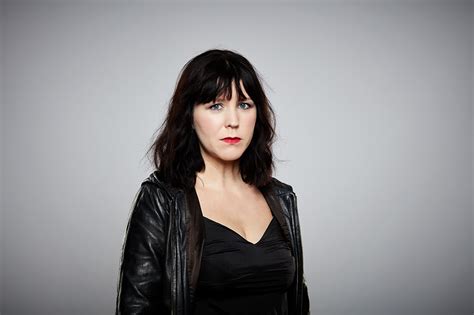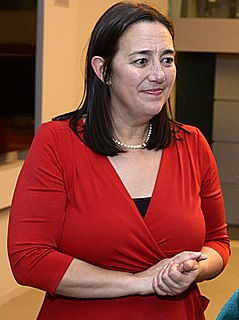A Quote by Charley Pride
No one had ever told me that whites were supposed to sing one kind of music and blacks another - I sang what I liked in the only voice I had.
Related Quotes
For me, personally, life in South Africa had come to an end. I had been lucky in some of the whites I had met. Meeting them had made a straight 'all-blacks-are-good, all-whites-are-bad' attitude impossible. But I had reached a point where the gestures of even my friends among the whites were suspect, so I had to go or be forever lost.
I used to be really nervous when I sang. Like, when I was a kid starting young, 18 and 19, and my dad really had to sort of push me to start singing in front of people. Ever since I got out there and really started doing it, the only thing I've ever tried to do is just sort of is be myself, you know, never put on a voice. Sing naturally.
I was in something called 'Garth Marenghi's Darkplace' which was a real cult comedy; it's sort of a spoof horror sort of thing, and it only ever had one series, but I liked the fact that it only had one series because it's kind of got this little gemlike quality to it that there were only ever six episodes.
I only knew classical music, which to me was the only true music. The only way I could survive at the bar was to mix the classical music with popular songs, and that meant I had to sing. What happened was that I discovered I had a voice plus the talent to mix classical music together with more popular songs, which at the time I detested.
My protest about the post exchange seating bore some results. More seats were allocated for blacks, but there were still separate sections for blacks and for whites. At least I had made my men realize that something could be accomplished by speaking out, and I hoped they would be less resigned to unjust conditions.
The stories my pupils told me were astonishing. One told how he had witnessed his cousin being shot in the back five times; another how his parents had died of AIDS. Another said that he'd probably been to more funerals than parties in his young life. For me - someone who had had an idyllic, happy childhood - this was staggering.
I had supposed until that time that it was quite common for parents to love their children, but the war persuaded me that it is a rare exception. I had supposed that most people liked money better than almost anything else, but I discovered that they liked destruction even better. I had supposed that intellectuals frequently loved truth, but I found here again that not ten per cent of them prefer truth to popularity.
You hung with me when all the others turned away, turned up their noses We liked the same music, we liked the same bands, we liked the same clothes Yeah we told each other that we were the wildest, the wildest things we'd ever seen Now I wish you would have told me, I wish I could have talked to you Just to say goodbye, Bobby Jean.
